The Benefits of Periodic Honesty Screening Polygraphs for Businesses
In an age where trust and integrity are at the core of a company’s success, maintaining transparency among employees is essential. While pre-employment screenings, including polygraph tests, help ensure that the right individuals are hired, businesses are increasingly recognizing the importance of ongoing honesty checks throughout an employee's tenure. Periodic honesty screening polygraphs are becoming a valuable tool for businesses looking to maintain high standards of trust and integrity within their workforce.
In this blog, we will explore the benefits of implementing periodic polygraph screenings to ensure the continued integrity and security of your organization.

- Maintaining Long-Term Employee Integrity
Honesty isn’t just a factor to assess during the hiring process—it’s something that must be continuously monitored to ensure that employees remain trustworthy. Over time, situations and pressures in the workplace may lead some employees to make unethical decisions. By conducting periodic honesty screenings, businesses can ensure that their employees uphold the same level of integrity throughout their careers. Regular testing helps to catch potential issues before they escalate and reduce the risk of dishonesty or fraud.
- Detecting and Preventing Workplace Fraud
Fraud and dishonesty can sneak into the workplace over time, especially when employees feel that they have less oversight or that their behavior will go unnoticed. According to the Association of Certified Fraud Examiners (ACFE), businesses lose billions annually due to employee fraud. Regular polygraph screenings can serve as an effective deterrent, signaling to employees that they are continually being monitored for integrity. By identifying any discrepancies in a worker's honesty, companies can take early corrective action to prevent significant financial losses.
- Enhancing Workplace Security and Safety
Periodic polygraph screenings are particularly valuable for businesses that handle sensitive data, critical infrastructure, or high-security environments, such as law enforcement, government agencies, healthcare, or financial institutions. The risk of insider threats is always present, and even loyal employees can be tempted to act against company interests under the right circumstances. Regular screenings ensure that employees in these high-risk roles remain trustworthy and do not compromise workplace security, safety, or privacy standards.
- Building a Culture of Transparency and Accountability
When companies implement periodic polygraph screenings, they send a clear message to their employees that honesty and accountability are paramount. This contributes to a work culture where ethical behavior is not just expected but actively reinforced. Employees are more likely to adhere to company policies, knowing that their integrity will be regularly assessed. This fosters an atmosphere of transparency, where employees feel they are held to high standards, creating an environment where everyone is responsible for maintaining ethical behavior.
- Protecting Company Assets and Reputation
A company’s reputation is one of its most valuable assets. If an employee is found to be engaging in unethical activities, the consequences can be damaging to both the company’s finances and its public image. Periodic polygraph screenings help protect a company’s reputation by proactively identifying employees who may be engaging in questionable behavior. Identifying a problem early, before it becomes public or financially damaging, can save the business from costly scandals and help maintain the trust of clients, partners, and investors.
- Supporting Ongoing Compliance with Regulations
For businesses that operate in regulated industries (such as finance, healthcare, or defense), adhering to ethical standards is often a legal requirement. Periodic honesty screenings can be a tool for ensuring compliance with both internal and external regulations. This is especially crucial in industries where employees are entrusted with private information or have access to sensitive resources. By ensuring that employees are consistently screened for honesty and integrity, businesses can reduce the risk of regulatory violations or compliance issues that could lead to costly fines or legal battles.
- Increasing Employee Morale and Trust
Employees who work in an environment that prioritizes honesty and integrity often feel more secure in their roles. When honesty is regularly monitored through periodic screenings, employees understand that they are part of a team that values trust and ethical behavior. This sense of transparency can actually boost employee morale, as they feel reassured that everyone, including themselves, is held to the same high standards. It creates a sense of fairness and strengthens the overall employee-employer relationship.
- Encouraging Ethical Decision-Making
The periodic nature of honesty screening polygraphs encourages employees to continuously evaluate their own behavior. Knowing that there will be regular checks for honesty may lead employees to think twice before making decisions that could compromise their integrity. This proactive approach to fostering ethical decision-making can help prevent small mistakes from becoming large problems, which ultimately contributes to a healthier workplace and stronger organizational values.
- A Cost-Effective Investment in Long-Term Security
While periodic polygraph screenings may seem like an added expense, they can save businesses a significant amount of money in the long run by detecting issues before they escalate. The costs associated with employee misconduct—whether fraud, theft, or breaches of trust—far exceed the price of regular screenings. By investing in regular integrity checks, businesses can avoid the financial and reputational damage that comes with dishonesty and misconduct, ensuring the long-term health and security of the company.
How to Implement Periodic Polygraph Screenings
If you’re considering incorporating periodic polygraph screenings into your business practices, here are some key steps to follow:
- Consult with Experts: Work with certified polygraph examiners who are experienced in conducting fairness-based screenings.
- Inform Employees: Be transparent with employees about the reasons for and process behind periodic polygraph screenings, and ensure that they understand it’s part of the company’s commitment to maintaining high standards.
- Ensure Legal Compliance: Check that your polygraph testing practices comply with local laws and regulations. Some regions may have specific rules regarding when and how polygraphs can be used.
- Make It Part of a Broader Strategy: Polygraph screenings should be part of a larger strategy for employee integrity, including regular training, clear codes of conduct, and other accountability measures.
Conclusion
Periodic honesty screening polygraphs provide businesses with an effective way to continuously assess the integrity of their employees and protect their assets. Regular polygraph testing can detect dishonesty, reduce the risk of fraud, enhance workplace security, and build a culture of trust. By incorporating periodic screenings into the workforce management strategy, businesses can ensure that their employees consistently align with the company’s ethical standards—ultimately contributing to long-term success, security, and profitability.


